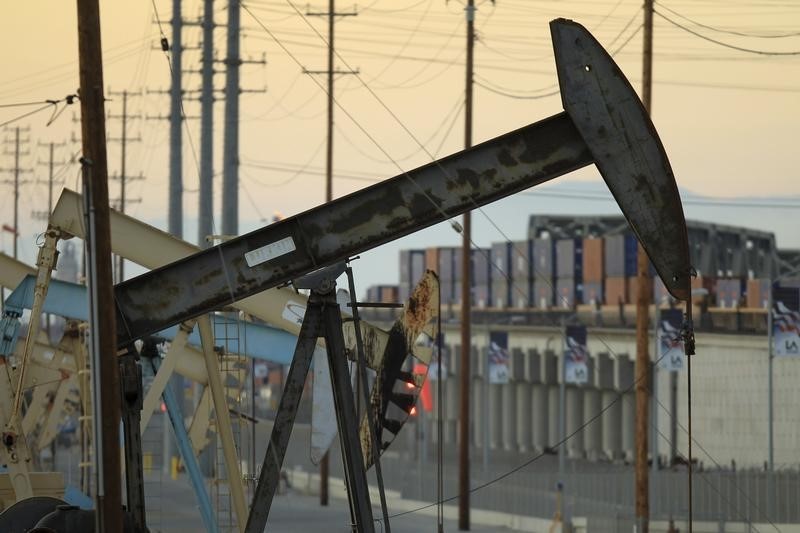© Reuters. File photo: A man unloads the fresh fruit bunches from his car boot at a palm oil fruit collection centre for smallholders in Banting, Selangor, Malaysia, June 10, 2022. Picture taken June 10, 2022. REUTERS/Hasnoor Hussain/File photo
By Bernadette Christina and Danial Azhar
KUALA LUMPUR (Reuters) – Stagnating global palm oil production and higher biodiesel mandates are likely to curb supplies of the world’s most used vegetable oil this year, setting the stage for further gains in prices, which are trading at their highest in seven months.
Palm oil output in Indonesia and Malaysia, which account for a bulk of global production, is likely to either rise marginally in 2024 or decline from last year’s level, as ageing plantations and a lack of expansion caps output, analysts told an industry conference in Kuala Lumpur on Wednesday.
“Vegetable oil prices will be supported by the prospective global production deficit,” leading industry analyst Thomas Mielke said.
Palm oil inventories in the world’s No. 1 producer Indonesia are low and stockpiles in the second-largest producer Malaysia are declining, he added.
The benchmark Malaysian palm oil contact jumped on Wednesday to its highest since late July at 4,075 ringgit per metric ton, taking the gains in 2024 to almost 10%. The market dropped for the last two years.
Palm oil, which accounts for more than half of around 90 million metric tons of edible oils shipped worldwide, is used in a range of products from chocolates, pizzas to cosmetics and as a biofuel.
LOWER PRODUCTION GROWTH
Annual palm oil production growth in 2023/24 is expected to be the smallest in four years at around 0.2-0.3 million metric tons, Mielke said, forecasting a 3,800-4,300 ringgit price range in the next three months.
While Indonesia’s 2024 palm oil production will be at least one million tons lower than 2023, Malaysia’s production is likely to be unchanged, analyst Dorab Mistry said.
“We are not able to expand acreage anymore. And the age profile of the trees is adverse,” Mistry said at the end of the widely-watched event.
“The fresh fruit bunches’ yields are falling and unfortunately, the application of technology in the palm (industry) has been the slowest if you look at the entire world oil scene and oil complex.”
The decline in palm oil production growth comes as Indonesia is likely to step up compulsory use of the tropical product in making biodiesel.
“There is a possibility of the new incoming government increasing B35 to B40,” Fadhil Hasan, of the Indonesia Palm Oil Association (GAPKI), said, referring to the mandatory bio-content blend that currently stands at 35% of biodiesel.
“One of the programmes by the candidate likely to be elected is intention to raise to B50, but that is maybe for after 2025,” he added.
Even Malaysia’s biodiesel production could rise in 2024 if the 20% biodiesel mandatory programme is implemented in more areas, the Malaysian Biodiesel Association said.
Read the full article here

